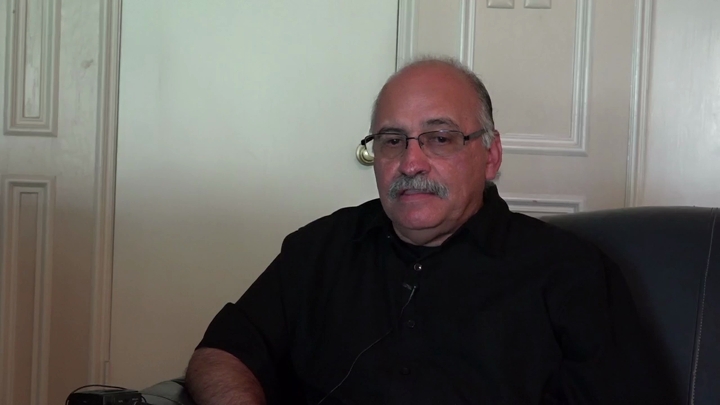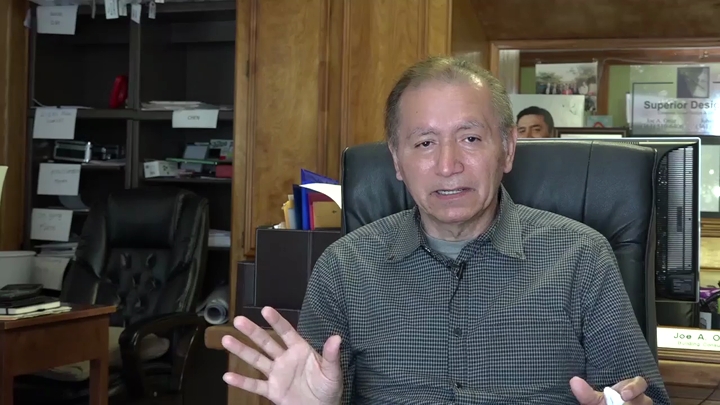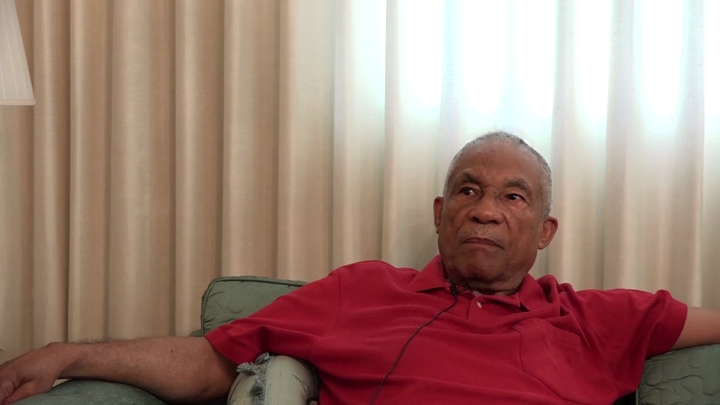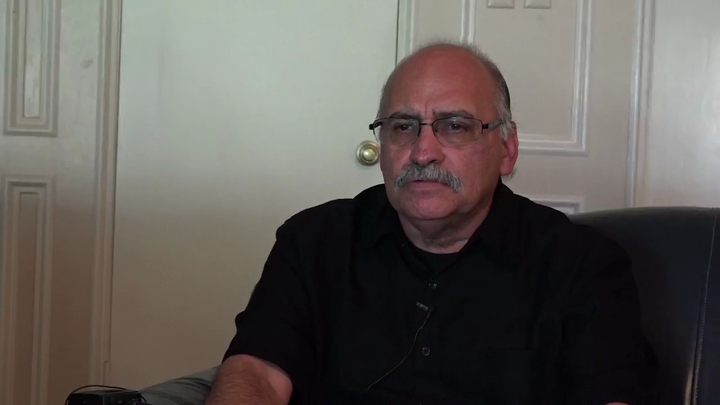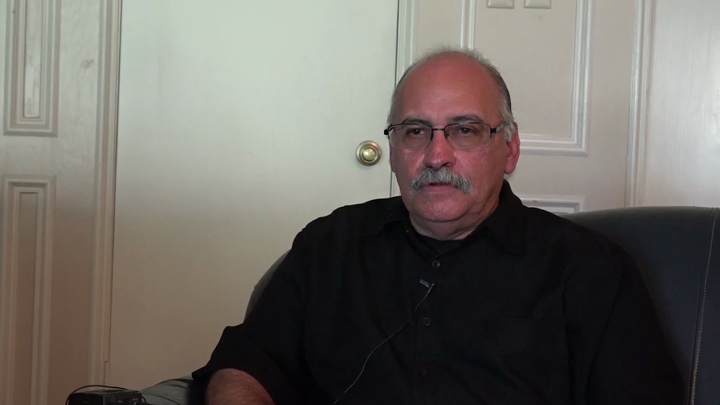Wilborn / Working in Local Politics
sign up or sign in to add/edit transcript
Interviewer: So, did you get—so, you got elected to city council in 1986? Wilborn: Reason—what happened, the NAACP went to court. One man, one vote. They won it on that. During that time, we had five commissioners, all white. Then, after the ruling came down, we ended up with seven single-member districts. I’m in five and the way it is, you have overlapping—all of us have two commissioners, but they overlap so they can guarantee blacks having three commissioners. Guaranteed. By the way, we have four now. We had one black that was elected from a white district. Seventy-five percent white. LaDarius Carter, he got elected. Everybody was shocked, but he got elected this past election. Certainly did. Apparently really wanted the other fella out. LaDarius is a good man. I was shaking my head, he had already run once or twice. I said, “Man, you don’t ever get tired of running.” Made a fool out of me. I thought about Abraham Lincoln. You don’t ever know. Just not the right time. He kept on. It was the right time. He hit it right. Don’t give up. Interviewer: So, in 1986 when you ran, that was right after— Wilborn: After the NAACP decision. Then, you still had whites that controlled the city who were trying to get blacks who were going to have to answer to them to run to neutralize the decision. I heard about it because some of them called and told me. I’m not going to run—they already stressed out and they want to put more on them. That’s how I found out about it. Some of my friends, they called me. I said nobody called me. They didn’t call me to tell me to run. I know why. So, I said one day at the fraternity meeting, I told my fraternity brother, I said, “I’m going to run for city commissioner.” I’m going to do that to make sure. I know what I stand for, so, that’s why I decided to run and when I did run, I was called in and when I signed, the secretary informed me, “You’ll already a city leader. You can’t run. You’d be working for two governmental entities.” I said—I can’t call his name now—fella who worked at (inaudible), it was a chemical plant. Government entity. I said, “He ran. He was on here. Why not?” She said, “I have the attorney general’s number you can call.” I said, “Well, I tell you what, you see all these cars passing. Now, if what I’m doing is illegal, the attorney general write me on it.” Yeah, yeah. So, okay, I’m going to sign because these fellas out here are betting that I don’t sign up because I’m a teacher and an administrator. At the time, I was an administrator too. I said, “I’m both of them. They said black teachers are afraid and black administrators are afraid, so I’m representing both of them. So, I’m signing.” She said, “Well, the newspaper’s waiting for you,” after I had done that. I had an interview with them and I was elected. I didn’t have an opponent that first time. I didn’t have an opponent.
| Interview | Interview with John Wilborn |
| Subjects | Community Organizations › Fraternal Organizations |
| Community Organizations › Civil Rights Organizations › National Association for the Advancement of Colored People (NAACP) | |
| Education › Teachers and Administrators | |
| Court Cases | |
| Court Cases › Single Member District Court Cases | |
| Media | |
| Historic Periods › 1980s | |
| Electoral Politics › Local Elections | |
| Electoral Politics › Electoral Districts › Single-Member Districts | |
| Tags | sign up or sign in to add/edit tags |
| Interview date | 2015-06-23 |
| Interview source | CRBB Summer 2015 |
| Interviewees | Wilborn, John |
| Duration | 00:04:04 |
| Citation | "Working in Local Politics ," from John Wilborn oral history interview with , June 23, 2015, Marshall, TX , Civil Rights in Black and Brown Interview Database, https://crbb.tcu.edu/clips/1418/working-in-local-politics, accessed February 26, 2026 |


